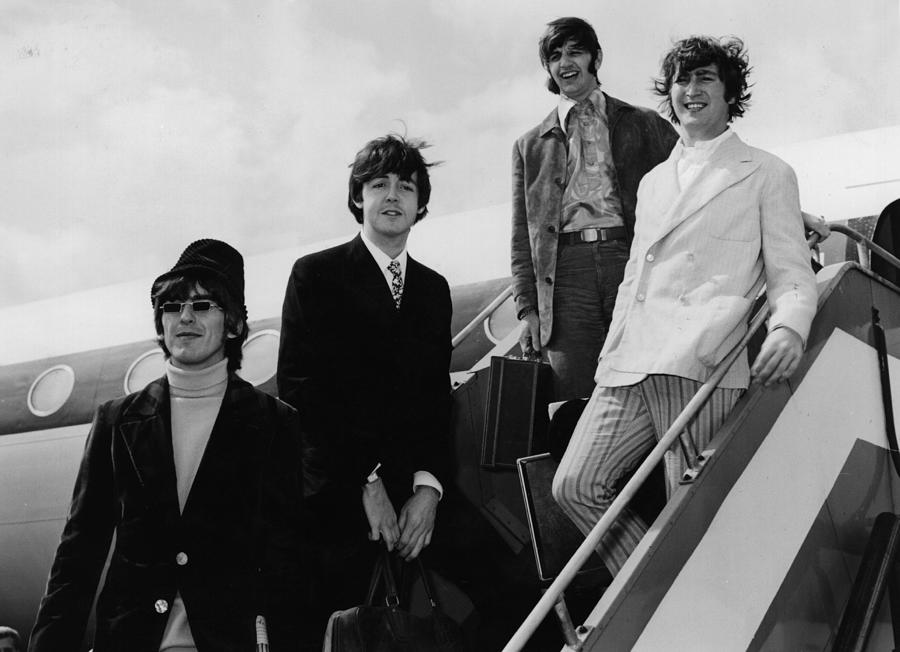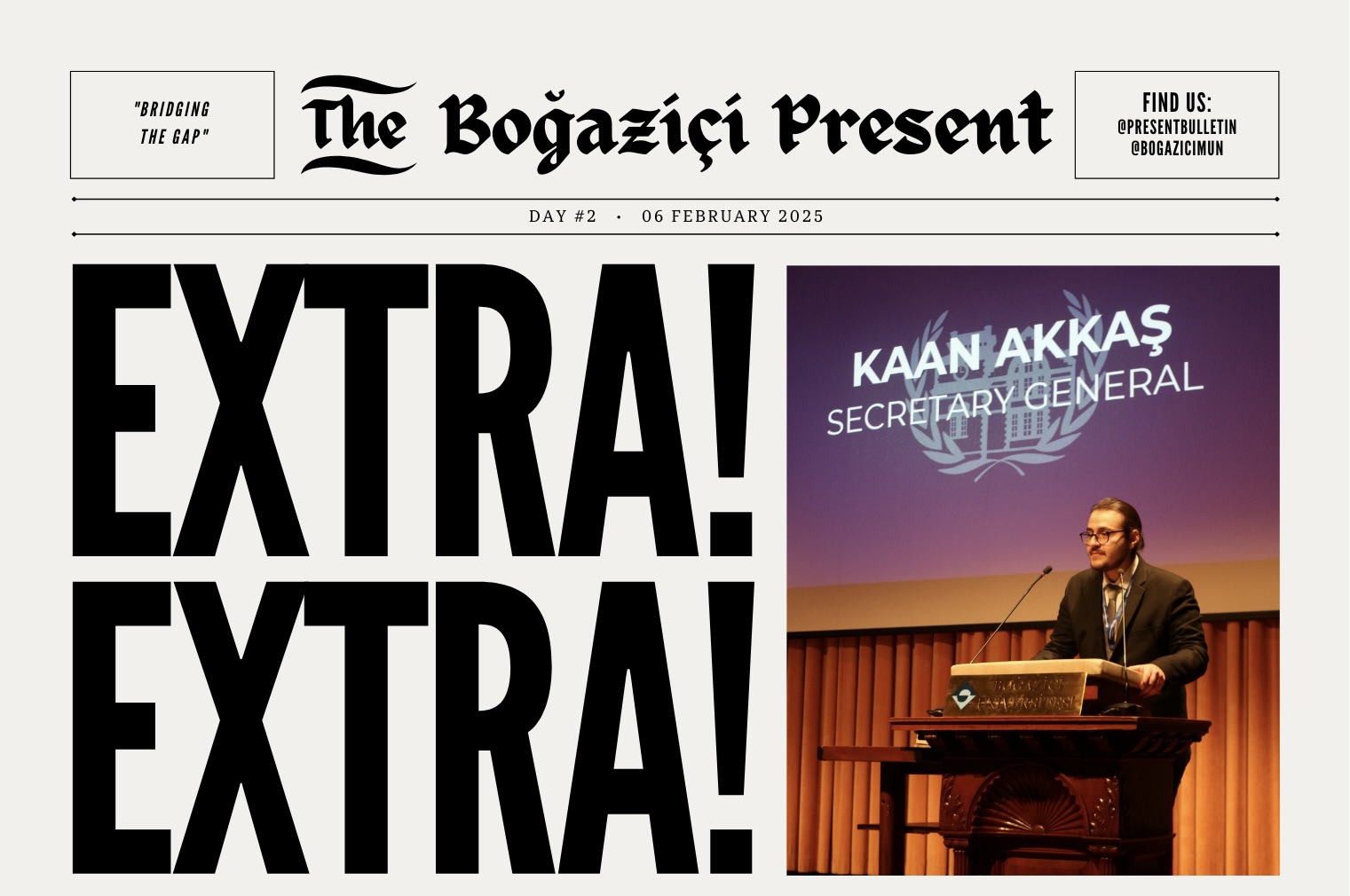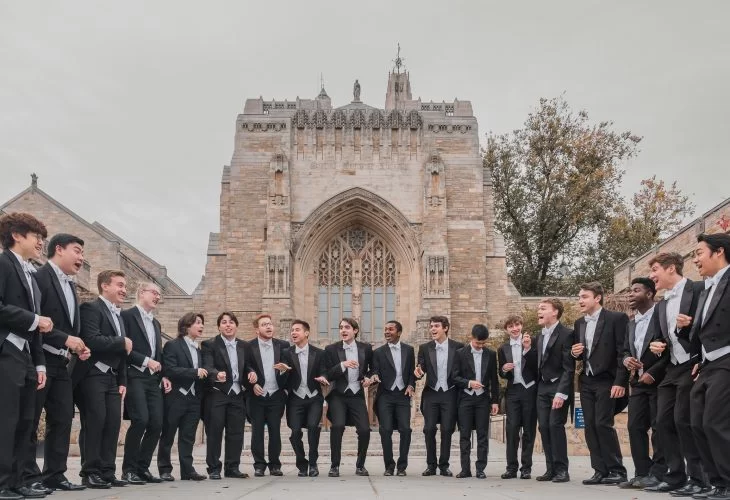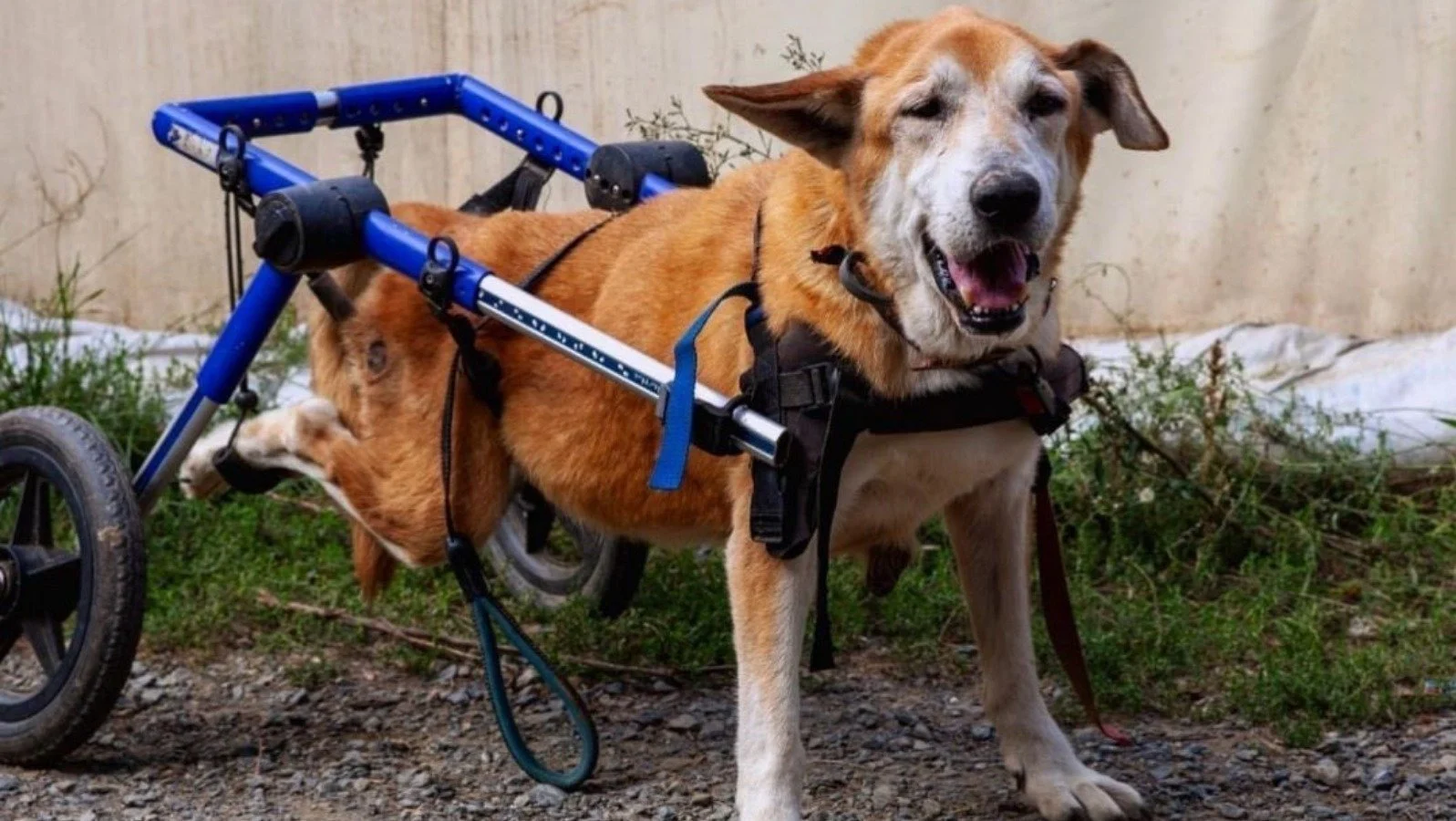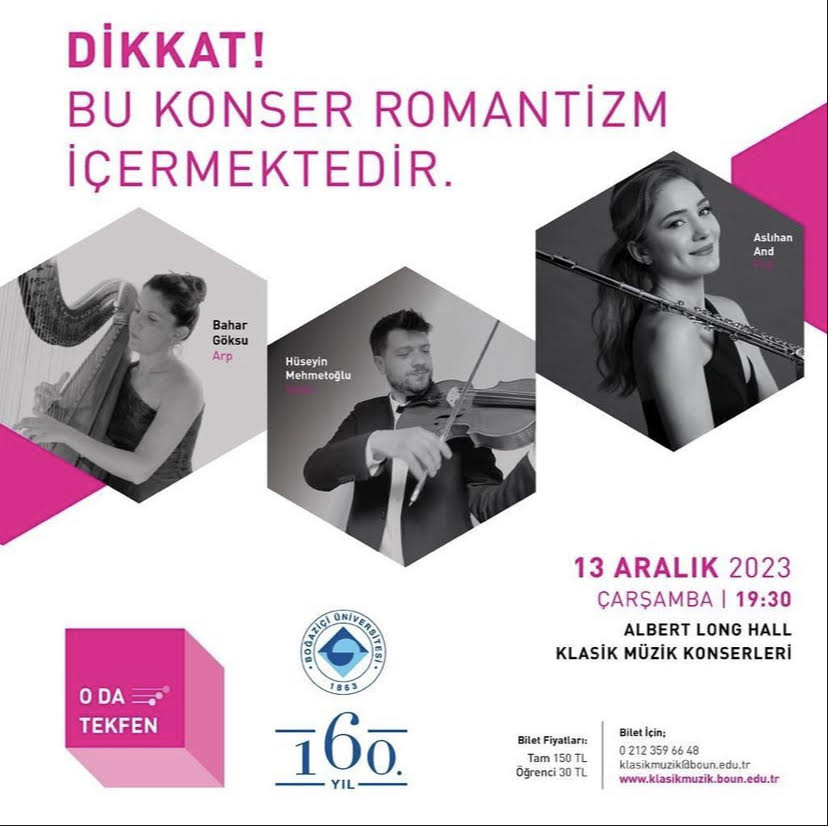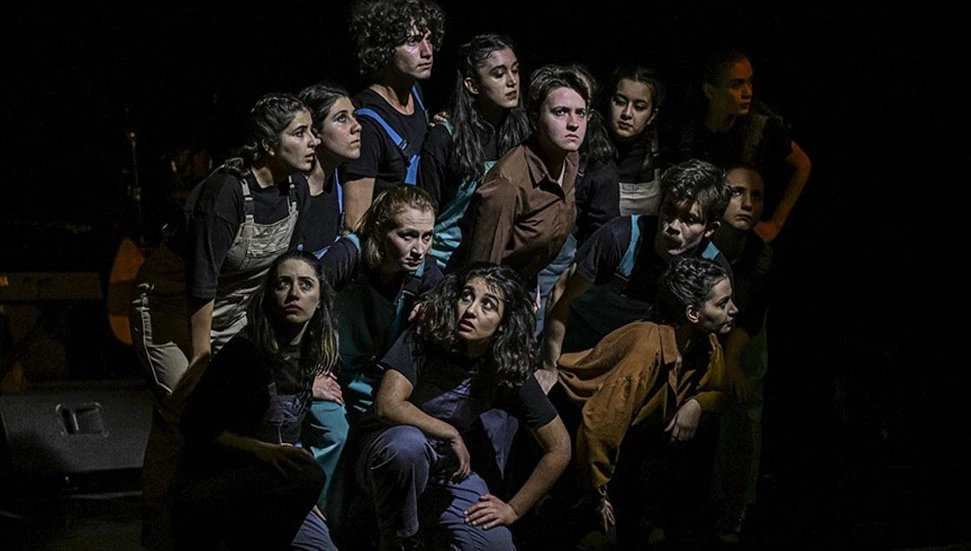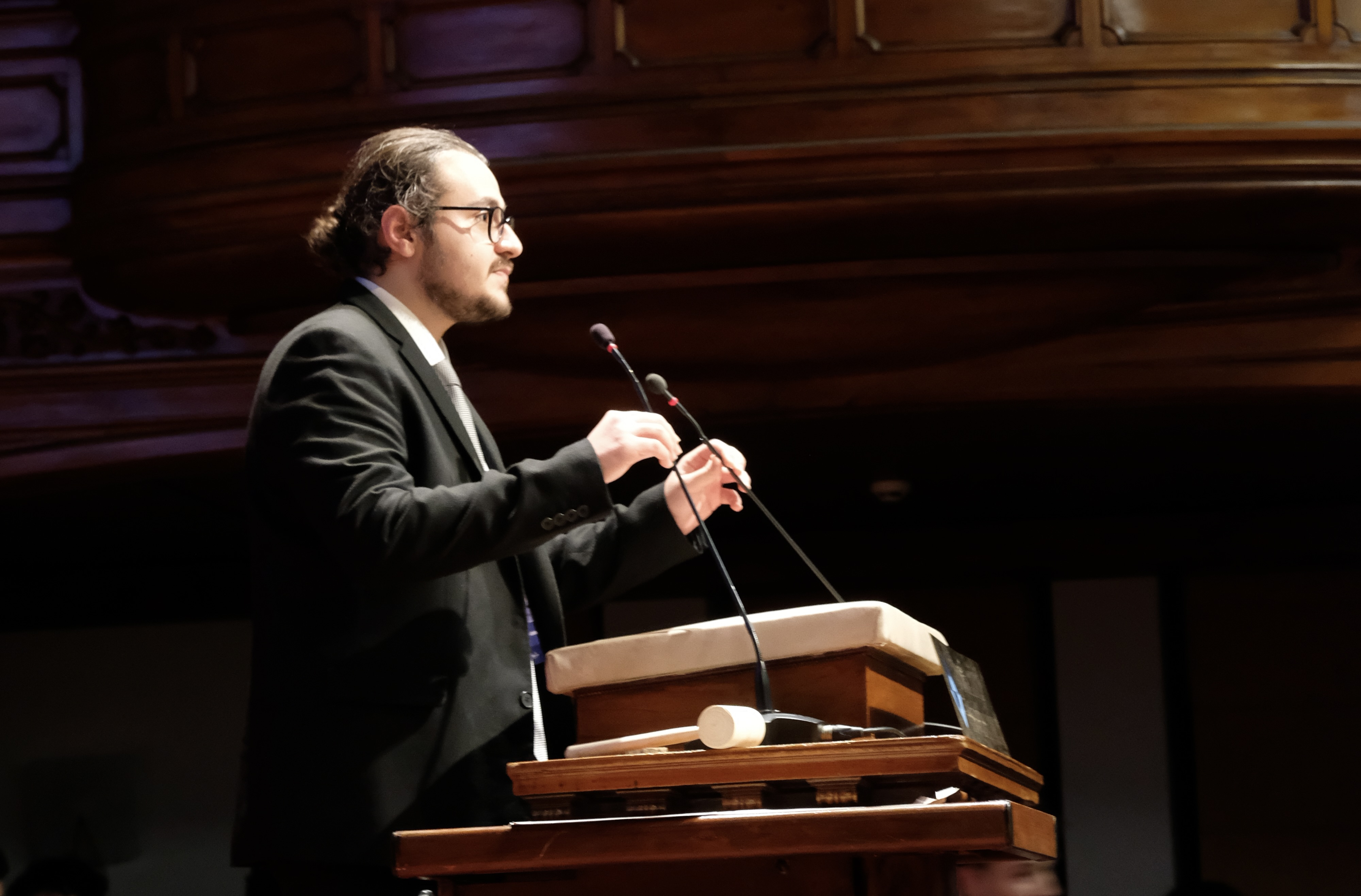
Interview with the Secretary General

Can you tell us a bit about yourself?
KA: I'm Kaan. I'm a senior economics student at Boğaziçi and I'm the Secretary General of the conference. I have been doing MUN for around eight years now.
When did you first start doing MUN? Can you tell us a little bit about your past experiences?
KA: I believe I started in like 2017. In the UNHRC committee, which is the Human Rights Council. At the time, I was eager to participate but I wasn't the greatest delegate or even a great delegate in the committee. I was mostly known by the memes that I create without any intention. And after that, even though I came here to make friends and have a better social life, I started to like the academic part.
I’ve been a delegate lots of times. I’ve prepared so many committees as a USG. I did some chairing. I started as a GA or security council delegate, but after one point, I started to do some crisis committees. Nowadays, for the past three or four years, I've been doing parliament simulations in MUNs.
How does being the Secretary General of BoğaziçiMUN’25 make you feel? What sets this experience apart from all the others?
KA: I feel tired, firstly. When you're in a committee, when you're a USG, you generally have a group of people that you see all the time in those three to four days and you know all of them, you can deal with all of their issues. For my committees, it's around 30 people at most because I'm doing a parliament simulation or the crisis committee, so they're not that crowded. But being the Secretary General is hard because I have to deal with 600 people. I have to know their advisors, I have to know who they are, I have to know their allocations. When I'm a USG, I have to only know about one committee and now I have to know everything about every committee, that is, nine different committees. I must be able to predict anything about them.
Being the Secretary General is not something like being the boss of the USGs, it's more like being their supervisor. You supervise their work, you try to guide them if they ask, but when you gather up a good academic team like we have in BoğaziçiMUN’25, it's not that hard actually - it's fun. Also, it's great to work with those people because of their final results. You always know that they will put out great work, they will have great committees, and that makes everything worth it.
Could you tell us about some of the challenges you faced in preparation for the conference?
KA: The biggest challenge was that the world has been volatile since we have started to prepare this conference. When we started to prepare this conference, there was a war in Gaza, there's still a war in Ukraine, the United States have elected a man who tries to build a wall between two countries. The extremist party in Germany is on the rise, and in Turkey, things have been volatile just as it has been for the past 12 years.
So, our vision in here is try to understand and explain and give a platform to delegates where they can discuss how the world is changing and how they can affect it. We want to make them understand how they can affect the world. While preparing BoğaziçiMUN’25, this was the hardest thing because everything was changing and everything was shifting to the more extreme. So it was hard to deal with all of those shifts and all of those extreme times. This is why we prepared all of those nine committees reflecting the current situation of the world.
If you had to describe your academic team with three words, what would they be?
KA:
1. Excellent
2. Best
I’m cheating because this one will be three words,
3. Lots of complaints.
Yeah, they're excellent, they're the best at what they do, but they complain a lot. Because they're perfectionists actually, that’s why. If there's a one small thing that does not match their opinions or the ideas or the visions they have of the committee, they complain a lot.
What was it like working with Duru Yavuz and Emir Elhatip as your DSGs?
KA: Working with Emir is always a bit challenging.
In what way?
KA: He's a perfectionist, he’s great at what he does, and it makes you tired at one point.
Trying to live up to his standards?
KA: Yeah, exactly. That's basically it.
I'm mostly a perfectionist too, but when you try to prepare nine committees with a perfectionist vision you will end up in a mess at one point because there will always be an issue that you cannot fix. Duru, Emir, and I are forced to tackle those things often. We struggle with our perfectionist vision. This is why it's a bit challenging to work with Emir.
As for Duru, she's one of the best DSGs I could ever ask for. She's always there, she can spend two nights straight sleepless for the conference and she will be there not because like she's forced to, but because she wants to do it and she never avoids her responsibilities. So, this is why I love to work with her too. As I said, she's a perfectionist too. So it's a bit challenging working with her too.
How do you want delegates to remember this edition of BoğaziçiMUN’25?
KA: I want delegates to remember this edition of BoğaziçiMUN as a conference where they understand the things going on in the Middle East, where they understand the current situation of the world via understanding the past, the history of the region, the world, and also understanding the theories, the intellectual discussion, and the philosophy of all of those committees - at least their own committee, so that they can have a motivation to change something in the world.
